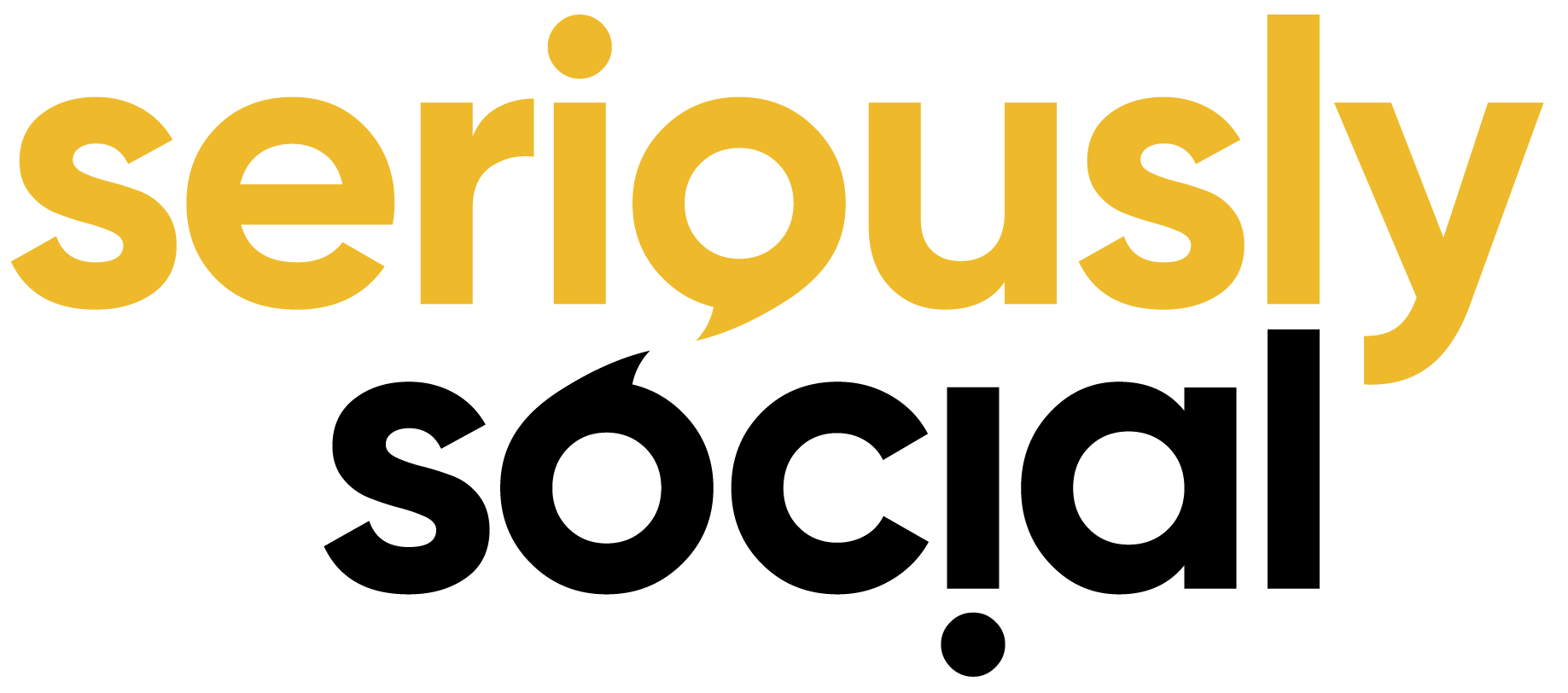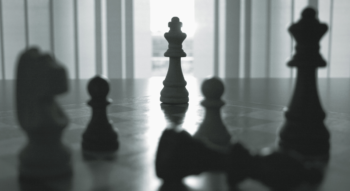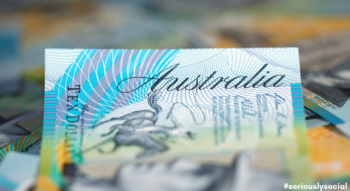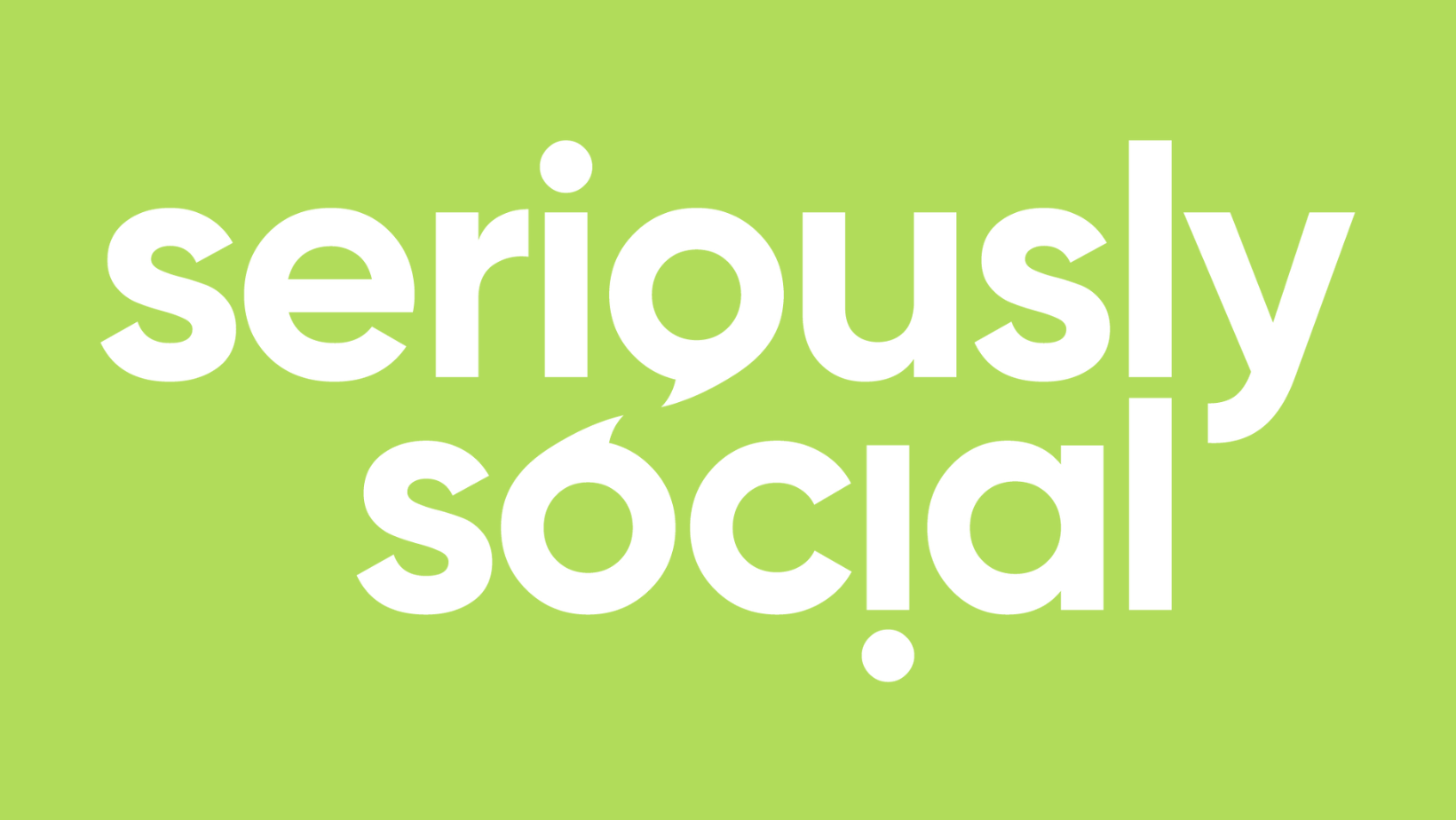Episode Notes
If you hooked up with your partner in recent years chances are, you met online. For those who spent their early years of dating ‘old school’, the shift to online dating came with some bias. But what is the impact of internet dating on human relationships? Hear from Emerita Professor Christine Beasley, author of Internet Dating: Intimacy and Social Change (2021).
00:02 – Ginger Gorman
Do you like romantic comedies? The couples always seem to have some bizarre way of meeting. Like when Matthew McConaughey saves Jennifer Lopez from being hit by a runaway dumpster in The Wedding Planner, or when Gene Kelly jumps from a moving street trolley into Debbie Reynolds’ car in Singin’ in the Rain. The wilder the meeting, the more certain you can be that they will live happily ever after. It’s called a meet cute. And I want to know, are they a thing of the past now that so many people, including me, meet their partner on a dating app?
00:46 – Yvonne Adele
The couples who met online still had the butterflies and the tingles, and all those incredible things that you get when you meet someone for the first time. It’s still happened, even if they’d been speaking for months before they actually met in person.
00:59 – Ginger Gorman
That’s Yvonne Adele. She’s a marriage celebrant and she’s noticed something about couples who meet online.
01:06 – Yvonne Adele
And you know, I don’t know – I just really do find that the couples who have met online seem to have this lightness about them. They’re sort of walking on air kind of thing about them. It’s like they just got to the good stuff quickly and then they were able to fill in the gaps when they met in person.
01:24 – Ginger Gorman
It says a lot about how far internet dating has come, doesn’t it? There used to be this real stigma around it. But it’s not all sunshine and lollipops for people dating online.
01:38 – Gary
I’ve used both the apps for online dating and also video speed dating, which is my preference. The reason why I prefer video speed dating to the apps on my phone such as Grindr and Scruff is I’ve noticed recently some racism on the apps.
One of the profiles that was really memorable for all the wrong reasons for me was a white gay male who had used the four words to describe himself on his profile as “No wogs. No Asians.”
02:16 – Ginger Gorman
That’s Gary. Grindr has supposedly tried to stamp out racism, removing its ethnicity filter and banning profile terms like “no Asians”. But the online dating scene still has a reputation for breeding toxic behaviours, like racism and harassment. Most women who’ve spent time on a dating app would have at least one story of being harassed or abused by a bloke they’ve turned down. But there’s another side to that coin, and it’s a positive one. Something’s changing for women when they meet men online, as opposed to at the pub or nightclub.
02:53 – Mel
When I first started online dating probably about a decade ago, I was really nervous about it because I’ve always been nervous about my currency or value as a woman, like, in the heterosexual world. So I just thought it would be a humiliating experience that no one would want to go out with me, that everybody would reject me, that it would be awful. That’s Melanie. My best friend said to me, “Just know that when you’re on these dating sites, you’ll be the one doing the picking”. And I’m like: “As if.” That has totally been my experience. And I’m not sure whether that’s because of what my friend said or whether it’s just true, but it has been my experience with pretty much all of internet dating. I’ve always felt like I had the power. If I just transfer that to dating in real life, that would be great.
03:43
And it’s not just the experience of heterosexual women. This speaker didn’t want to be named, so let’s just call her Bee. Bee told me as a bisexual woman, online dating had given her a confidence that she never had before in the online dating scene.
04:00 – Bee
When I was in my early 20s Sydney’s lesbian scene was incredibly cliquey and intimidating. Bisexuality was not cool. I didn’t have the confidence to pick up women in this environment.
04:12 – Ginger Gorman
After a few long-term relationships with men, Bee started using Tinder and she finally had the confidence to filter her feed to look only for prospective girlfriends.
04:23 – Bee
It was still a bit like looking for a needle in a haystack. But I met my wife a few months later.
Ginger Gorman
And how wild is this? They could have met in real life if the dating landscape had been a bit more welcoming for Bee.
04:37 – Bee
We actually worked out that we’d both been at the same queer party in Sydney. And I’d seen her but had not even considered making a move as I assumed she was straight. For us I think the platform was definitely empowering, as it enabled us both to meet women we were attracted to in a context where both parties knew that other was interested. So, we didn’t have to work up courage in a crowded bar, and there were no games to be played.
05:04 – Ginger Gorman
So, what’s going on? How do we go from thinking of online dating as an act of desperation, or an opportunity to cop abuse and unsolicited dick pics, to now being a source of empowerment? It may not be the place for goofy meet cutes like in the movies. But is it a place for something so much more useful? Social change.
05:30 – Emerita Professor Chris Beasley
If you belong to marginalised groups in various ways, you will have more opportunities.
05:35 – Ginger Gorman
That’s Chris Beasley. She’s Emerita Professor in the Department of Politics and International Relations with an interest in gender and sexuality, at the University of Adelaide. Chris is also a Fellow of the Academy of Social Sciences in Australia.
05:51 – Emerita Professor Chris Beasley
Disabled internet daters describe the benefits of being able to meet people that are quite a long way away, for example, and that there are all sorts of difficulties for them in offline. So, it certainly gives you the opportunity to have a greater pool.
06:06 – Ginger Gorman
This is Seriously Social. I’m Ginger Gorman. And on the podcast today, is internet dating changing our relationships?
06:33 – Ginger Gorman
People who are shy or socially awkward, people who maybe don’t conform to conventional beauty standards, older women, disabled people will all tell you that dating can be the pits.
Emerita Professor Chris Beasley – One of the groups, you know, who face quite a lot of demeaning stereotypes about them and their interest in intimacy is older groups – that is over 50s. What we discovered was that they were doing all sorts of things that were not conventional, and that were indeed challenging conventions, and that in certain ways internet dating was enabling them to do that.
07:10 – Ginger Gorman
Chris is co-author with Mary Holmes of a new book called Internet Dating: Intimacy and Social Change. I asked her if, when she was researching the book, she found anything especially surprising that this older demographic was doing online.
07:18 0 Emerita Professor Chris Beasley
Yeah, older women were using internet dating, sometimes for casual sex, which does not fit the ageist stereotype. And were enjoying themselves thoroughly because they were suddenly freed up from the risks of possibly pregnancy or, you know, their social environment telling them not to do this or whatever. So suddenly, all of those negative stereotypes about women and sex were being challenged. So older women were having much more casual sex than probably they’d ever had before, because internet dating provided them with that opportunity.
Now, I’m not saying there aren’t any risks in that, of course, you know, there are those too. But we wanted to say, but look at what these people are doing?
Ginger Gorman:
Good on them, don’t you think?
Emerita Professor Chris Beasley
They were doing things like also using internet dating, which was also very much a feature of young people’s behavior (young women’s behaviour), where they were using internet dating as a mechanism for controlling the pacing of dating. And they could do that online much more easily, it seemed, than face-to-face. Face-to-face they face the usual assumptions about men controlling the situation or, you know, whatever, and they couldn’t be so safe. But online, they could be quite able to make control of what’s going on. And they can make assessments and judgments and filter. Now, that’s an interesting development.
08:41 – Ginger Gorman
Approaching an attractive stranger in real life takes so much courage, there’s so much to consider. Will they even be interested? Are they available? Would they rather just be left alone? And if you’ve ever been approached by someone who finds you attractive, turning them down can be so uncomfortable for both of you. But it seems online dating gives us a different way to interact, sometimes for the worse, it’s true. But other times for the better.
09:10 – Emerita Professor Chris Beasley
One of the classic things about internet dating, is that it provides a forum – a space – in which intimacy is quickly achieved. Now, sometimes that intimacy is perhaps not all that you think it is. But it’s one of the great advantages. You know this person is online to have some kind of interaction with you. You can tell, with some filtering and some control, what they might be interested in. You get a kind of immediacy more quickly than if you’re sitting in a pub and trying to find out if somebody is available at all even, let alone what their interests are. That means you can’t just sit there and interrogate someone, whereas a lot of that is done for you with internet dating. So, there is, it’s a quicker mechanism which does actually offer opportunities.
09:57 – Ginger Gorman
Although you made the point in the book, which I found fascinating, that the technology is actually just a front-end change. We’re still trying to get to the offline date, the real face-to-face meeting. And in fact, it’s not so different from the old days when we used to see personal ads in the newspaper.
10:16 – Emerita Professor Chris Beasley
I think that’s a very important point that we’ve got to remember this technology does not change the world. But it does seem to me that that front end element provides opportunities for change, that may have effects upon what happens offline.
10:33 – Ginger Gorman
Your central question was really to do with whether online dating could increase gender equality. And we know that in some aspects, it doesn’t; you know, it’s a commodification of dating and intimacy. But then, it seems to me that what you’re saying is in some other aspects, it does. So, on balance, what do you think? Did it or didn’t it increase gender equality?
10:58 Emerita Professor Chris Beasley
We were looking at, are there any changes to heterosexual couplings, relationships, partnerships, hetro happiness, you know, etcetera. But also in relation to gender equality between the sexes. So, we were looking at both of those elements. And I would say, I think my co-author would agree, is that while there are some very unpleasant elements of internet dating, and frankly, there are some problematic elements in dating, per se. Nevertheless, overall, I would say, you will have many more opportunities to consider options: your supply will be bigger, especially if you’re in a very thin dating pool.
Plus also, there are opportunities for women to have greater charge of the interaction, particularly the beginning in the shaping of the date and the ongoing dating, which may have possibilities for the longer term. And for men, I think it’s a very interesting experience, because you are aware that these women that you’re looking at, have other opportunity.
12:17 – Ginger Gorman
As Chris mentioned this about men, I couldn’t help thinking about what Melanie had told me. Remember, she said that in online dating, she’s the one that gets to call the shots. And it looks like men are changing too in response to this visible competition.
12:34 Emerita Professor Chris Beasley
This has changed in some ways the way men describe themselves. For example, profiles. Australian profiles are most interesting, because the most common language that men use to describe themselves is “easy going”. Now, how interesting is that? Now, why would they bother to say that? I think that is a language of saying, “I know that I just can’t get my own way.”
13:04 – Ginger Gorman
Hey, it’s Ginger here. Social Sciences Week runs from September 6 to 12. It’s a week-long celebration that unites the disciplines and shares the latest and greatest from Australia’s social scientists, there will be stacks of events held across the country and online. So visit socialsciencesweek.org.au to find out more and get involved.
13:22 – Ginger Gorman
Bumble is one app that was set up with the express aim of giving some of the power to women.
13:37 –
We try and be really clear about our values, which are respect, equality and inclusion.
13:45 Ginger Gorman
Lucille McCart is the Asia Pacific Communications Director for Bumble. And by the way, sorry the audio here isn’t great…like so many of you, we are working remotely. Please bear with it.
13:50 Lucille McCart
We try and be really clear about those in the app, in our marketing, in all the things we try make the expectations really clear. So when you download Bumble and set up a profile, we ask you to sign the Bumble pledge, which is basically agreeing to uphold our values. And that is making it clear from the start the type of behavior that we expect on Bumble.
We also have a lot of features, safety features, built into the app that are designed to not just be there to make sure that we’re setting clear expectations. But to make all the people using the app feel like there are things there to protect them as well.
14:29 Ginger Gorman
And so I know that you actually have used the app and do use the app yourself. So, is that your experience as well personally that you’ve had a safer experience on the platform than you might have had on other platforms?
14:42 – Lucille McCart
I think you just learn probably working at Bumble as well a lot of things to look out for or things that you maybe wouldn’t have known before. There are definitely things since I’ve been working here. Like when I use Bumble I’m always looking for people that have been photo verified, because I know that that is a sign that they have been moderated by our team and that they are who they say they are.
15:08 Ginger Gorman
Do you think you really can change people’s attitudes with a platform? Or does it actually take more than that?
15:15 Lucille McCart
I think that a platform is never going to be the single answer to solving the gender issues that prevail throughout most Western societies and many other societies as well. However, I think that the original philosophy of Bumble that still stands today is that if you can encourage a woman to make the first move on a dating app, in a way that maybe puts her out of her comfort zone, that’s an empowering experience. It’s a very, very small experience, but it’s an empowering experience. And if you can get her to do that on a dating app, a couple of times – sometimes people only need to do it once but most people have to do it a couple of times – then what impact can that have on her confidence and her ability to do make the first move in other parts of her life? Other parts of the relationship; how can she be empowered to move that forward? Other parts of her professional life or her personal life: what is the flow on impact of asking someone to do that?
16:08 Ginger Gorman
When it comes to gender equality then, do you think online dating can be an area of social change?
16:15 Lucille McCart
Absolutely, because I think that when it comes to gender roles, as we mentioned before, dating is the area of life where our more traditional roles still exist really strongly. Our gender roles in dating are, it’s really hard to change those traditional expectations of you. And that does take time. And I think what Bumble is trying to do is say “it doesn’t need to be that way”. It actually doesn’t serve either person. I think a lot of people feel like men being in control is, you know, they feel one way or another about that. But we actually don’t believe that that serves men either. It’s not about making the world a better place for women. It’s about making the world a better place for all people, and helping all people try and find more healthy and equal relationships.
17:04 Ginger Gorman
Sometimes online dating platforms actually give people opportunities that they wouldn’t have in the offline world. So perhaps more quirky people, or more shy people can actually have an opportunity to meet someone, and to get to know someone, and also, as Chris said, to practice dating, because the supply is much greater. So it may present opportunities that wouldn’t exist in the offline world.
17:32 Lucille McCart
Yeah, absolutely. We also hear from our trans and non-binary users that they find online dating a safer environment in some ways, because there is a lot of safety concerns, or just general social anxiety for people in those communities about approaching someone in a bar, for example. We hope to be able to serve everyone. But there are definitely some communities or demographics that really benefit from online dating in ways that is a bit different to how most people do.
18:07 – Ginger Gorman
On an app like Tinder, where you’re swiping left or right often it’s all about a person’s looks. And that’s a different experience from an app like Bumble or Hinge that’s designed to favour information over presentation, and actually encourage conversation. So how does the functionality of apps affect the experience people are having on them, especially when it comes to gender equity? Here’s Chris again.
18:33 Emerita Professor Chris Beasley
I think it’s an extremely important point to make that when people talk about internet dating it is a mistake to assume that all internet dating sites are the same. They’re not. Tinder is not used exactly as designed. Many young people don’t ever go on a date, they simply look: it’s a social thing to play around with a game or a mechanism for rehearsing what the opportunities are out there. It’s all sorts of things. Many people use Tinder for, you know, different purposes than pickups. That is one of the opportunities but it’s not the only one – and a great many people, in fact, the great majority of people, at least from the American data, are not making any having any dates at all. So you’ve got to think “Well, yes, that’s the way it’s set up. But is it the way people use it? Is it how it’s practiced?” Not necessarily.
19:32 – Ginger Gorman
And I guess the same goes with platforms that are designed to be egalitarian, that doesn’t necessarily mean that the folks on there have those same values or are going to use it in that way.
Emerita Professor Chris Beasley
Absolutely right. So although some apps have made a point about gender equality, that doesn’t necessarily mean the experience will be particularly different or progressive,
19:54 Ginger Gorman
With all of these opportunities for inclusion and equality that it seems like internet dating offers, I wonder if there are also aspects of dating that are lost? Like that immediate attraction you can have to someone the second you lay eyes on them. When you meet someone online, how do you actually know if there’s chemistry?
Emerita Professor Chris Beasley
We did a chapter in this book called chemistry because chemistry is something that people assume it’s simple, it’s obvious. But actually, chemistry is quite a complicated question. And I would say that when Mary and I read all these internet daters comments about their experiences, that they experienced the same rush of terror and excitement, and, you know, embarrassment, and nervousness and anticipation, as most people do offline experiences.
The filtering you can do, of course, means you have started to make some judgments about that person and meeting them is not always the same thing as being online. But nevertheless, I have never met anybody who said they went to internet dates after they’ve talked to people and tried to work out what’s going on that haven’t had that sense of “I wonder”. And that, “I wonder”, is the question of chemistry. And so, that is chemistry. I would say also, online. As you talk to people, as they start to message you, as you start to discuss what you like or dislike and read the profile, you have that rush of thinking, “Whoa, maybe,”. There’s actually several moments of chemistry in online dating. I don’t think it disappears.
21:38 – Ginger Gorman
But you can think that someone sounds wonderful and fun from having these flirtatious conversations online and then you realise when you meet them face-to-face that indeed they are not at all like that, that there are a dullard or boring or talking over you.
21:52 Emerita Professor Chris Beasley
However, you’ve got to remember, try and think back to when you were doing the offline version. When you meet somebody in a bar or through a friend, at first you might think, ooh, fascinating. And then you go out with them a couple of times more and you think: “No, they’re not.” So I think that process of “No, they’re not quite what I had in mind” happens in any form of dating.
22:19 Yvonne
Over 70% of the couples that I marry, have met online and part of the ceremony is outlining their love story and their journey and their milestones together.
Ginger Gorman:
Remember, Yvonne, the celebrant, from the beginning of this episode?
Yvonne:
The couples who met online went straight through those awkward phases, where they, you know, appearances were out of the way and the awkwardness of how to sit opposite a stranger was out of the way and they got stuck into really in-depth conversations much quicker than they normally would in a real life, sort of, situation. So, by the time they had had three or four chats online, and then moved that to text, and then moved that to sometimes to their video chats and that sort of thing they were getting into the really nitty gritty of their beliefs and their values and their likes and dislikes and what they liked in the bedroom and didn’t like. Things that you wouldn’t normally chat about on your first date together in person, they were getting to really quickly. So I think I’m all for it, it seems to be the way of the world.
23:36 – Ginger Gorman
This is Seriously Social. I’m Ginger Gorman. Don’t forget that Social Sciences Week runs from September 6 to 12 and there will be loads of events held across the country and online. Head to socialsciencesweek.org.au to find out more and get involved. Seriously Social is produced by Kim Lester, engineered by Mark Gargeldonk (aka Baldy) and executive produced by Sue White and Bonnie Johnson. It’s an initiative of the Academy of Social Sciences in Australia. Next time, how are monarchies so oddly enduring? Take a stroll around the globe with us as we explore why monarchies persist and how they survive.
Useful Links
- Internet Dating: Intimacy and Social Change by Christine Beasley and Mary Holmes




